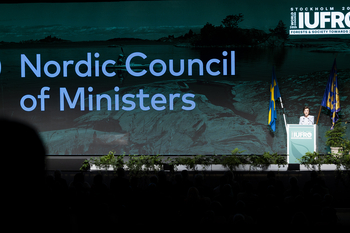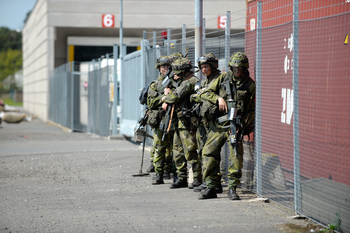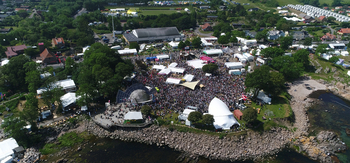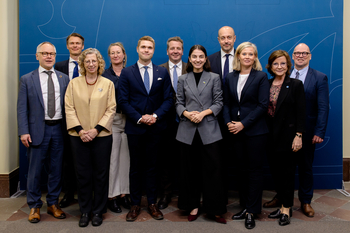Border controls threaten co-operation
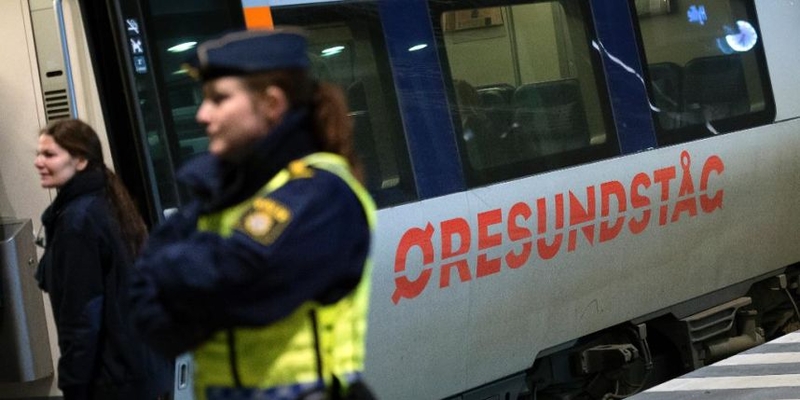
On the night of 4 January, the Swedish government imposed additional border checks for travellers entering Sweden from Denmark.
This means that everyone wanting to travel across the Öresund strait will have to present their passport or ID on the Danish side.
The underlying reason for this is that Sweden received 145,000 asylum seekers during the 2015 refugee crisis. According to the Swedish government, this has resulted in a situation that presents “a serious threat to public order and internal security”.
A historic decision
This decision is historic. Travellers between Denmark and Sweden have not needed to present ID since the passport union came into effect in the 1950s.
Henrik Dam Kristensen, President of the Nordic Council, believes that the ID checks are a nuisance to commuters and a setback for co-operation:
“The daily journey time for the thousands of people who commute across the Öresund strait is now considerably longer. This will inevitably result in a setback to business development and labour-market co-operation in the Öresund region.”
The ID checks have also provoked strong reactions from commuters, regional politicians, and business representatives in the Öresund region.
The introduction of the new checks today prompted 25 regional politicians from Skåne representing the Swedish Moderate Party to write in a debate article for the Dagens Nyheter newspaper that the long-term effects would be “devastating” for the Nordic Region’s largest contiguous labour market, the Öresund region.
The new border controls are very unfortunate as they undo 20 years of hard work. It’s a rather serious situation.Potential impact on investment
Since the 1950s, Nordic co-operation has been pursued with the knowledge that “free movement promotes trade and the sharing of knowledge, which generates growth and in turn prosperity”. They write that if the ID checks become more long term, the attractiveness of the region and willingness to invest in the region may be adversely affected.
Just a few weeks ago, Danish and Swedish politicians in the Öresund Committee decided to rename their co-operation “the Greater Copenhagen & Skåne Committee” in order to market Zealand and Skåna as a single region.
One of the representatives for Greater Copenhagen is the city’s Lord Mayor, Frank Jensen.
He was also Denmark’s Minister for Justice in 2000, the same year that the Öresund Bridge was opened and a co-operation agreement was concluded between Denmark and Sweden.
Jensen told the newspaper politiko.dk that the clock has been turned back to a time before the integrated Danish-Swedish labour market.
“The new border controls are very unfortunate as they undo 20 years of hard work. It’s a rather serious situation,” says Jensen.
Checks introduced in Denmark
ID checks at Copenhagen’s Kastrup airport may be in place for up to six months, until 4 July 2016, although the Swedish government may remove them earlier if the threat to public order and security in the country decreases.
In response to the Swedish border checks, the Danish government is also implementing temporary border controls with Germany from Monday 4 January.
Finland recently introduced visa requirements for passenger ferries from Germany, while Norway has also tightened its internal border checks.
